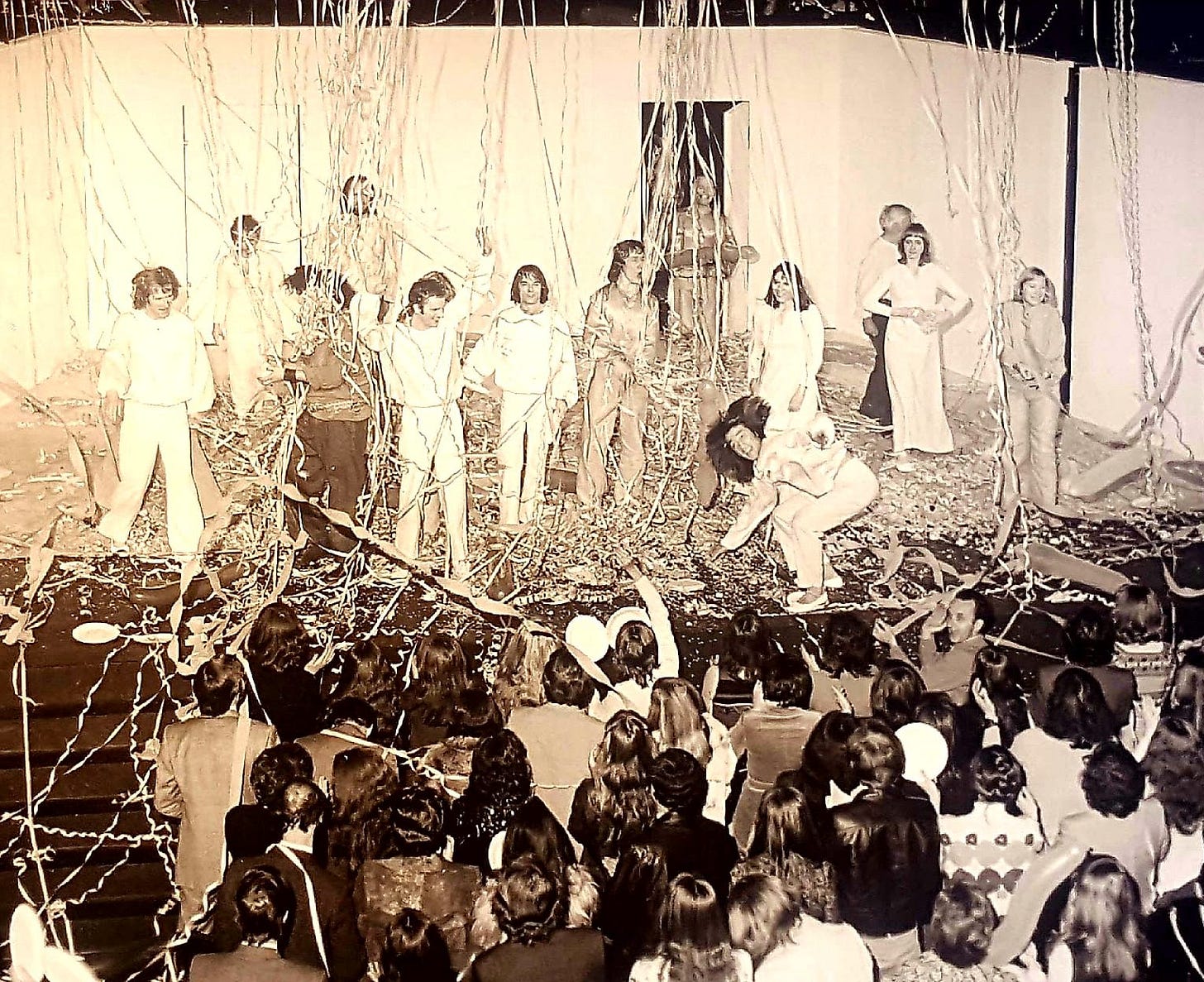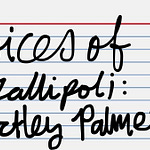Poor David Meyer.
He’s worked with Peter Brook.

He’s worked with Lindsay Kemp.
He even tried to kill James Bond.
And now he’s acting with me…
So, Zoo Story. What’s it all about?
What’s the meaning of life? 42. Or something like that. Ask a silly question, get a silly answer eh? But how can you decide whether to spend your limited time and attention listening to this play? I get it. My habitual approach to deciding whether to commit to a play or a film or a book or whatever has been to ask “what’s it about?”
Then, a couple of days ago I listened to a favourite podcast which articulated something that I’ve been feeling for a LONG time. By which I mean, ever since I decided not to become a journalist 20 or more years ago, because I didn’t like the way that the obligation to describe an experience distanced me from actually experiencing it.
OVER EMPHASIS on INTERPRETING the work of art creates distance between the person critiquing it, and what may OTHERWISE have BEEN a visceral, powerful experience with the artwork in its more immediate form.
Stephen West, Philosophize This! Episode 176
(about Susan Sontag)
Jeepers Stephen. I thought the whole point of a piece of art was to derive a meaning from it? Or impose one. If those are, in fact, different things. In fact, I thought that in a lot of cases the work of art may as well not even exist in the first place, because my analysis of it is more meaning-full than the object itself. Isn’t that the ethos and genesis of most cultural commentary? If I can’t spend my time juicing an experience for meaning, or tasting someone else’s interpretation juice, how am I meant to engage with it?
Stephen’s got a Sontag-based suggestion:
So INSTEAD of asking a question like what is this work of art about? We would ask questions more like: HOW is this work of art what it is? How was this song composed? What techniques and styles are used to MAKE this song whatever it is? In other words INSTEAD of focusing solely on the CONTENT of whatever the work of art is…Sontag thinks we should INSTEAD try to focus on the FORM of the artwork.
Here’s how this Zoo Story is what it is.
I’ve known David for 24 years. Since I first came to London to perform at Shakespeare’s Globe. We’ve been to many plays together, we’ve each done lots of acting separately, but never shared the same stage.
I thought we should do a play out loud together.
He’s in London, I’m in Norfolk. Neither of us are particularly free to travel for various life-stage reasons. I wanted to figure out a cool way to work with him that eliminated the traditional faff and fuss of putting on a play.
I wanted it to just be the two of us because it would involve less admin than recording a play with more people. I asked David to suggest a two-hander off the top of his head. This is the one he thought of. It’s by Edward Albee. I scraped a PDF off the internet, and took a few minutes to copy, paste and format it in ways that make it easier to sight read.
We recorded it over Zoom with no rehearsals, no stopping, in a single take, using quality mics and my teleprompter app. It looked a bit like this.
At the end of the session, I dragged our separate audio tracks into GarageBand. I trimmed the beginning and end, let the program automatically optimise the sound levels, added free sound FX to make it clear where the play starts and ends, and the final product was ready to listen to within an hour.
Then I listened to it while I folded laundry. It sounded like something worth sharing with you.
I think the audio quality is pretty darn good (though you be the judge, and tell me, eh?).
My experience was having a great time doing something I’m good at with a friend who’s even better. I hope I do this kind of thing again, soon.
So that’s the form.
Making it made me feel lots of things. Listening to it makes me feel other things. Some of what I feel is to do with the content, some is to do with the circumstances in which I created it.
I hope that hearing it is an experience for you too.
Arthur.
PS. How to listen to it.
You can listen by clicking on the play button^, or
via the substack app (if you have iPhone or iPad you can get that here), or
by feeling your way around some of the buttons^ that look like
I do it the third way so I can listen to it in the same way I listen to my other podcasts.















